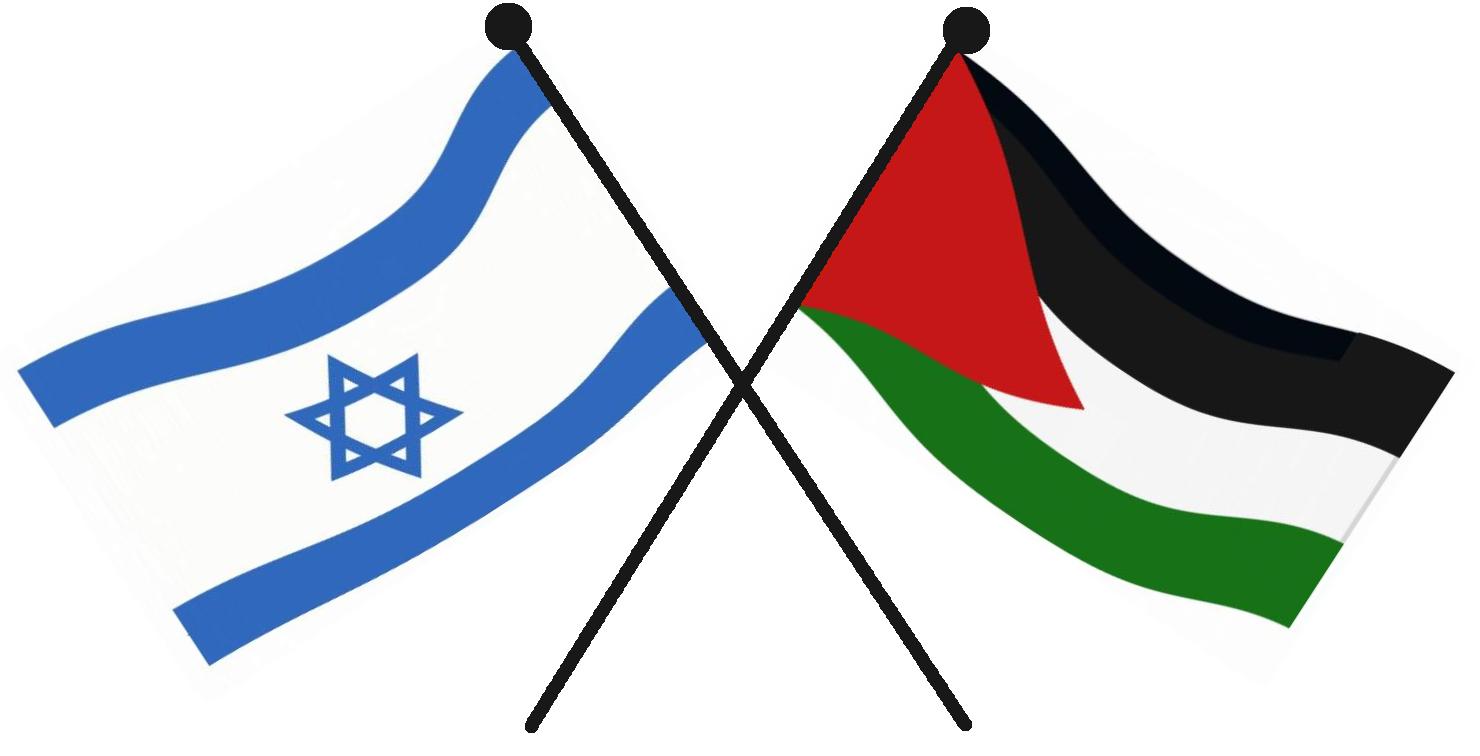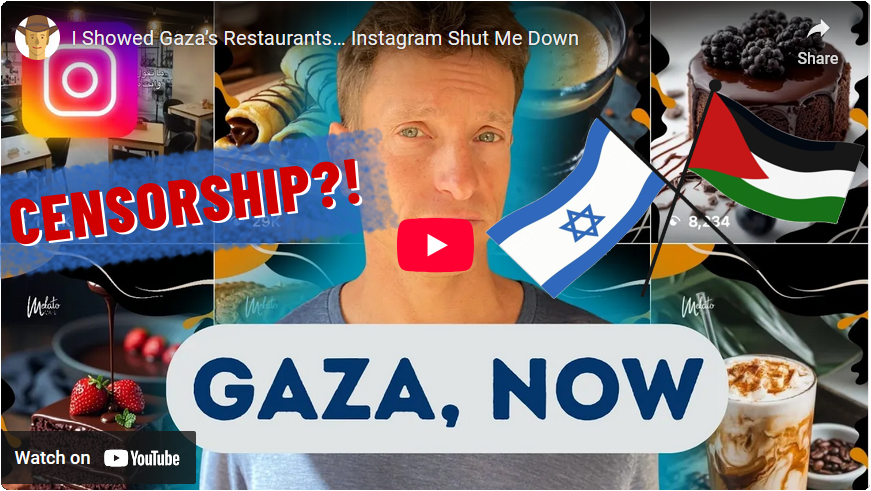I came across a YouTube video with the blunt title: “I Showed Gaza’s Restaurants… Instagram Shut Me Down”. At first, I thought it was clickbait. But no — the creator really did post clips of restaurants in Gaza and Instagram really did delete it.
And honestly? That’s infuriating.
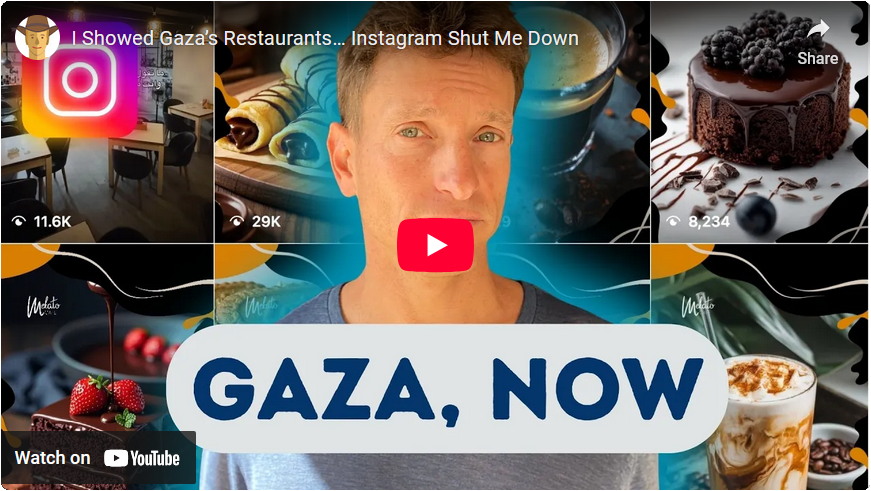

Why take it down?
The footage wasn’t political. It wasn’t violent. It wasn’t hateful. It was food. Restaurants showing off shawarma, coffee, burgers, manakish. And yet Instagram decided it had to go.
This is the problem with censorship online. Platforms are so terrified of anything tied to Gaza, Israel, or Palestine that they just swing the axe on content, no matter what it actually shows.
Algorithms don’t understand nuance. Human moderators are inconsistent. The result? Harmless content gets nuked while genuinely dangerous material slips through.
And once again, ordinary people lose their voice.
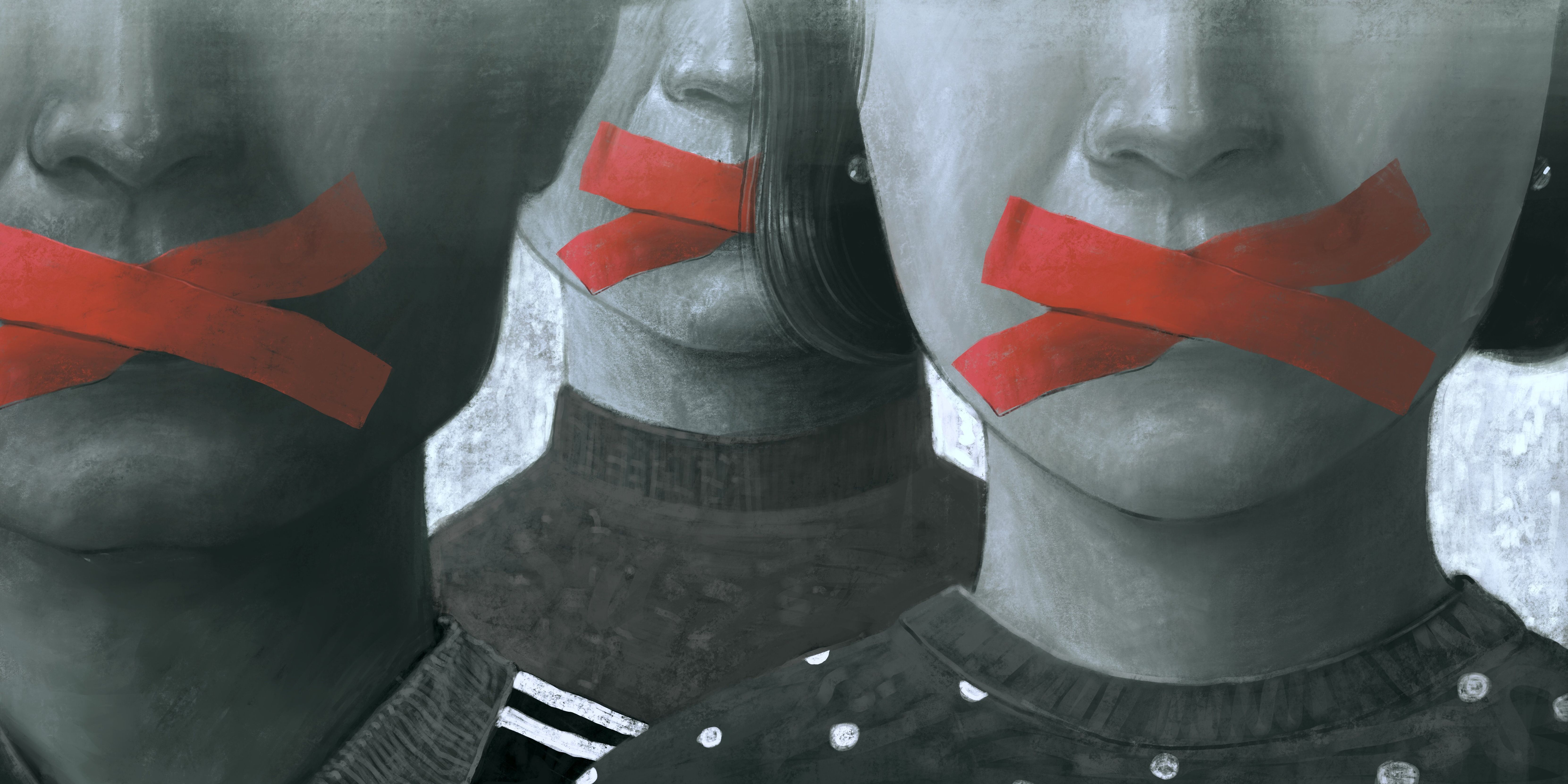

Yes, the restaurants are real
I fact-checked. These restaurants exist. O2, HOTDOG, Zaitouna Cam Café, Lava Café, Manakish al-Khouli — they are all real places inside Gaza. Their Instagram accounts list Gaza addresses, phone numbers and show recent activity.
So the video wasn’t some fabrication. It was real footage of real places. The creator didn’t film this themselves. They curated existing clips from the restaurants’ social accounts. Still, the footage is authentic and the restaurants are real.

The bitter paradox
And here’s the part that makes this story even harder to swallow.
While some restaurants are plating burgers and seafood, the rest of Gaza is starving. Aid groups report children dying of malnutrition. Families are scraping for bread, relying on food parcels, rationing flour. Hunger is real.
So yes, a handful of restaurants serve a wealthy minority, while most people don’t know where their next meal is coming from. That contradiction doesn’t cancel out either reality. Both exist. Both are true.
And that’s exactly why the censorship stings so much. These restaurant clips could have started a nuanced conversation about inequality, privilege and survival. Instead, they were deleted, erased, silenced.

Censorship only makes it worse
By shutting this video down, Instagram didn’t protect anyone. They robbed the internet of context. They prevented viewers from wrestling with the uncomfortable truth: that even in a place ravaged by war, life continues in bizarre, uneven fragments.
Now we’re left with shouting matches. Some point to famine. Others point to food reels. Without open discussion, each side just digs deeper into their own narrative.
This is why censorship is dangerous. It doesn’t make conflict disappear. It just buries complexity and leaves us with uncertainties.
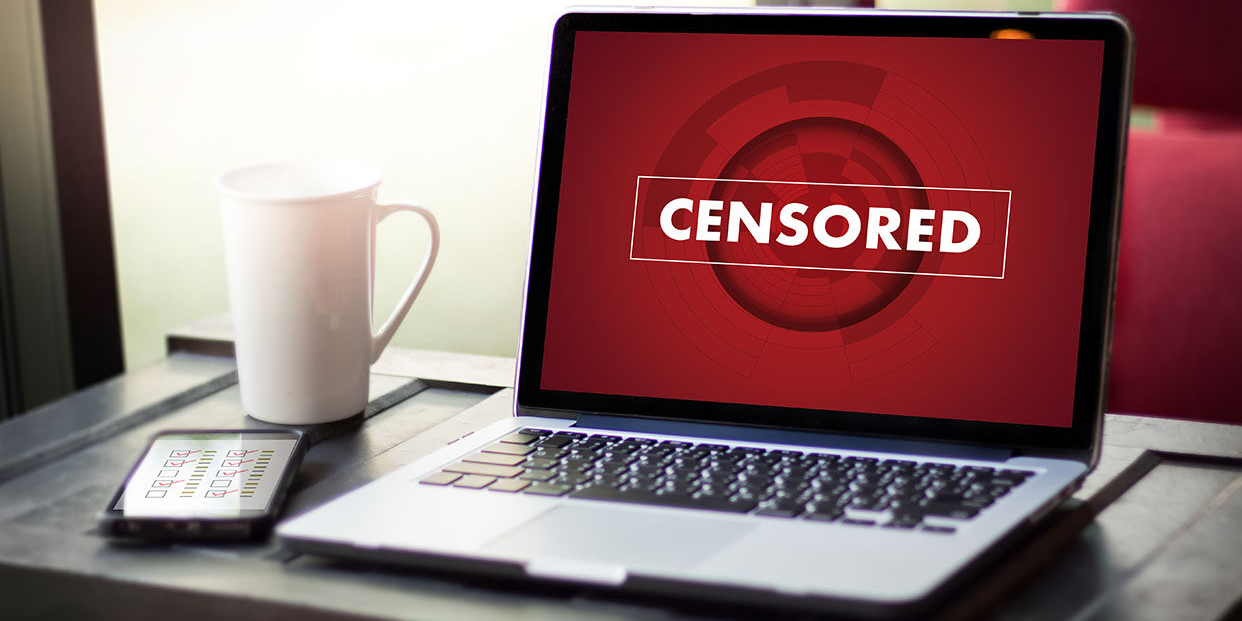

What we’re losing
The tragedy of this conflict is already unbearable. People are dying on both sides, children are hungry, families are torn apart. But on top of that, the internet — the one space where ordinary life can be shared — is being strangled by corporate censorship.
I find it obscene that Instagram would rather delete restaurant reels than confront its broken moderation system.
I find it barbaric that powerful people on both sides of this conflict sit back while putting the people below them at risk.
And I find it cruelly ironic that these posts vanish, while the suffering of the majority remains invisible to people scrolling from a distance.

Let people see, let people think
It’s not fair that posts are taken down while the suffering of both sides is used as a political weapon. It’s not fair that the world only gets fragments of truth — and then watches those fragments get erased.
We deserve better. Israel and Palestine deserve better. Everyone deserves to see the messy, sometimes contradictory reality and decide for ourselves what it means.
Deleting any of it makes the world more ignorant, more divided and more cynical.
I don’t care about taking sides. I care about ending censorship, because censorship kills understanding. And if platforms can’t even handle food videos, then what they’re really doing is cutting us off from reality itself.
In the end, censorship doesn’t protect peace. It silences it.
